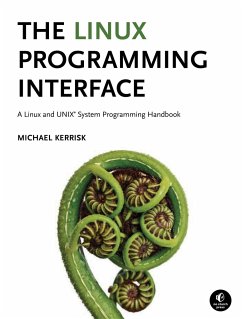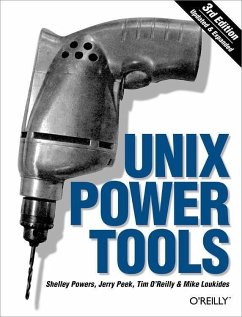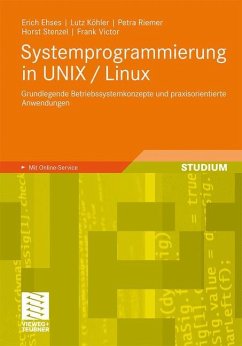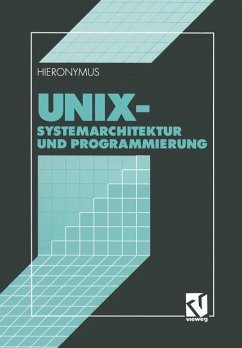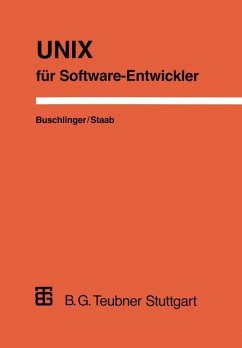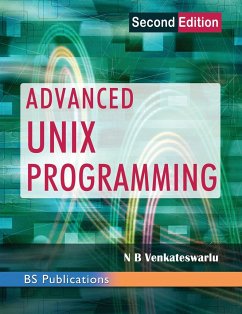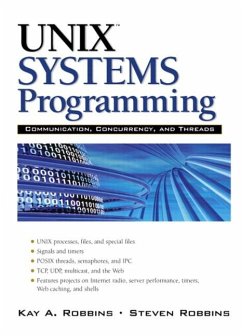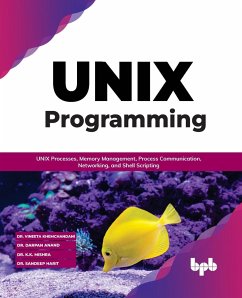Nicht lieferbar
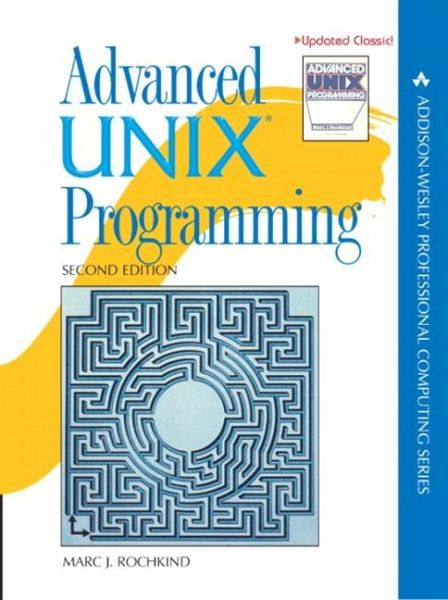
Advanced UNIX Programming
Versandkostenfrei!
Nicht lieferbar
Weitere Ausgaben:
The changes to UNIX programming that have taken place since 1985 are extensive to say the least. The first edition of Advanced UNIX Programming is still used and considered to be a must have book on any UNIX programmer's shelf.With this new edition UNIX programmers now have a one-volume, comprehensive, in-depth guide to the essential system-level services provided to them by the UNIX family of operating systems - now including Linux, FreeBSD, and the Mac OS X kernel (Darwin). All UNIX application programs, regardless of what language they are written in, run on top of these services, so master...
The changes to UNIX programming that have taken place since 1985 are extensive to say the least. The first edition of Advanced UNIX Programming is still used and considered to be a must have book on any UNIX programmer's shelf.
With this new edition UNIX programmers now have a one-volume, comprehensive, in-depth guide to the essential system-level services provided to them by the UNIX family of operating systems - now including Linux, FreeBSD, and the Mac OS X kernel (Darwin). All UNIX application programs, regardless of what language they are written in, run on top of these services, so mastering them is essential for successful UNIX programming. And, with a movement towards open-source systems, programmers will appreciate the book's emphasis on portability.
With this new edition UNIX programmers now have a one-volume, comprehensive, in-depth guide to the essential system-level services provided to them by the UNIX family of operating systems - now including Linux, FreeBSD, and the Mac OS X kernel (Darwin). All UNIX application programs, regardless of what language they are written in, run on top of these services, so mastering them is essential for successful UNIX programming. And, with a movement towards open-source systems, programmers will appreciate the book's emphasis on portability.





